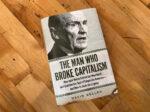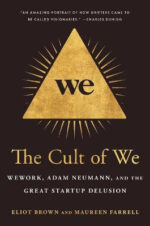How Salman Rushdie has been a scapegoat for complex historical differences
Vijay MishraEmeritus Professor of English and Comparative Literature, Murdoch University. The Chautauqua Institution, southwest of Buffalo in New York State, is known for its summer lectures – and as a place where people come seeking peace and serenity. Salman Rushdie, the great writer and influential public intellectual, had spoken at the centre before. On Friday August 12, he was invited to speak on a subject very close to his heart: the plight of writers in Ukraine and the ethical responsibility of liberal nation-states towards them. Rushdie has been an outspoken defender of writers’ freedom of expression throughout his career. In the audience of around 2,500 at Chautauqua was Hadi Matar, 24, of New Jersey, who jumped on stage and stabbed Rushdie in the neck and the abdomen. The fatwa and the spectre of death It was more than 30 years ago – February 14, 1989 (Valentine’s Day) – when Ayatollah Ruhollah Khomeini, 88, the then spiritual ruler of Iran, condemned Rushdie to death via a fatwa, a legal ruling under Sharia Law. His crime was blasphemy against Prophet Muhammad in his novel The Satanic Verses, on a number of levels. The most serious was the suggestion that Muhammad didn’t solely edit the message of Angel Gibreel (Gabriel) – that Satan himself had a hand in occasionally distorting that message. These, of course, are presented as hallucinatory recollections by the novel’s seemingly deranged character, Gibreel Farishta. But because of a common belief in the shared identity of author and narrator, the author is deemed to be responsible for a character’s words and actions. And so the author stood condemned. Blasphemy against Muhammad is an unpardonable crime in Islam: a kind of divine sanctity surrounds the Prophet of Islam. The latter is captured in the well-known Farsi saying, Ba khuda diwana basho; ba muhammad […]










